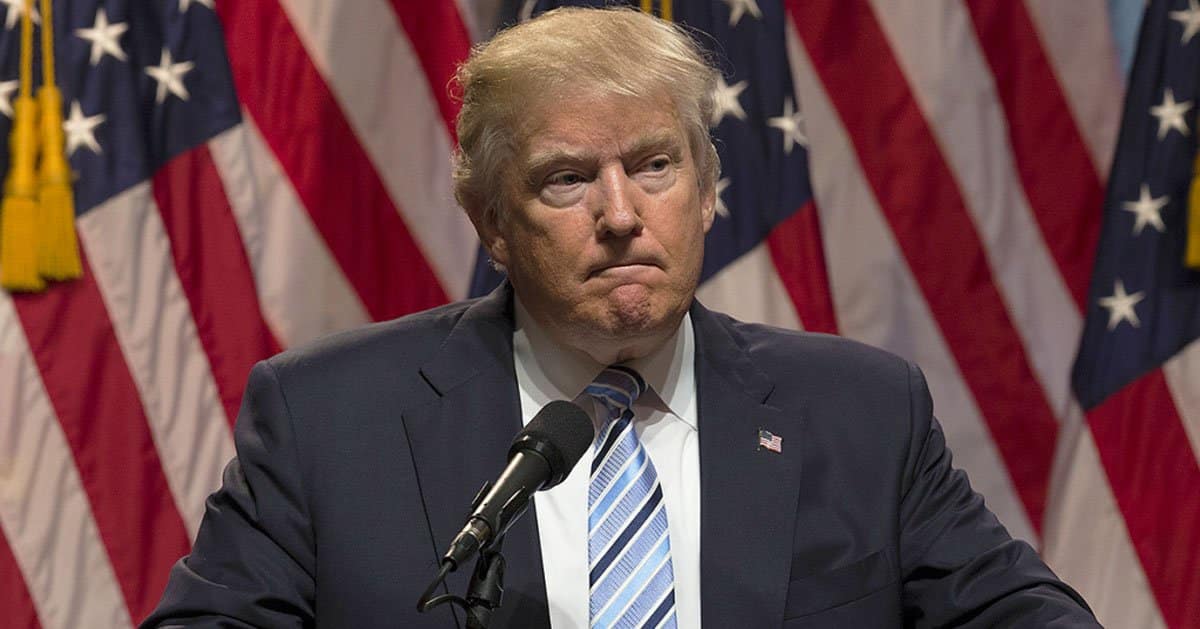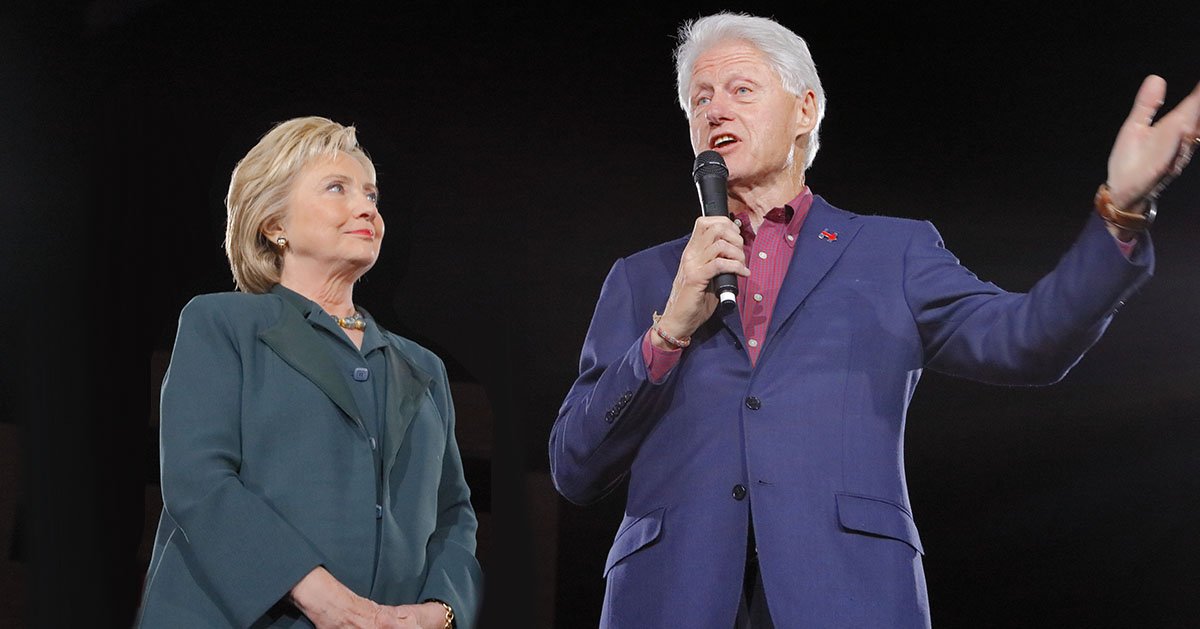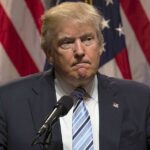








Brazil’s Supreme Court just slapped former President Jair Bolsonaro with house arrest, and the move reeks of political score-settling.
Fox News reported that on Monday, Justice Alexandre de Moraes, no friend to Bolsonaro’s brand of conservatism, accused the ex-president of flouting court restrictions by rallying supporters in Rio. This isn’t just a Brazilian drama—it’s a global flashpoint, with Trump’s administration firing back hard.
Bolsonaro, a polarizing former army captain, allegedly tried to undermine the 2022 election results, sparking a legal firestorm that’s now landed him under house arrest.
The Supreme Court’s ruling, first reported by the Associated Press, stems from an ongoing probe into claims he orchestrated a plot to delegitimize the vote and even planned violent acts, including an assassination attempt on President Luiz Inácio Lula da Silva and de Moraes himself. It’s a high-stakes case that’s been simmering since 2023, gripping Brazil and beyond.
Bolsonaro’s troubles began after he narrowly lost the 2022 presidential election, a defeat that still stings his base. The Supreme Court, in March, formally accepted charges against him, ordering a trial and imposing strict measures like an ankle monitor, a nighttime curfew, and a travel ban, locking him in Brasília.
Yet, it’s his defiance—speaking to supporters at a Rio protest—that’s now tightened the noose.
Using his son’s cellphone, Bolsonaro addressed a crowd in Copacabana, declaring, “Good afternoon, Copacabana, good afternoon my Brazil, a hug to everyone, this is for our freedom.”
That fiery call for liberty, his legal team insists, was symbolic, not criminal, and they’re gearing up to appeal the house arrest order. But to de Moraes, it was a blatant violation of court rules, and he’s not amused.
Justice de Moraes, now a lightning rod for controversy, didn’t mince words: “The judiciary will not allow itself to be mocked.” He doubled down, stating, “Justice applies equally to everyone.” His sanctimonious tone might play well in Brasília’s elite circles, but it’s hard to see this as anything but a targeted strike against a conservative icon.
“A defendant who knowingly violates precautionary measures—especially for the second time—must face legal consequences,” de Moraes continued.
The judge’s hardline stance paints Bolsonaro as a repeat offender, but let’s be real: these “precautionary measures” feel like a leash meant to silence a political rival. The optics of locking up a former president aren’t exactly screaming “democracy.”
The plot thickens with international fallout, as President Trump’s administration didn’t sit idly by. Trump slapped tariffs on Brazilian imports, calling the case a “witch hunt,” while the U.S. Treasury Department sanctioned de Moraes himself under Executive Order 13818, branding him a “U.S.-sanctioned human rights abuser.”
It’s a bold move, rooted in the 2017 order tied to the Global Magnitsky Act, which targets foreign officials for alleged human rights violations.
The U.S. State Department’s Bureau of Western Hemisphere Affairs took to X, blasting Brazil’s judiciary: “Putting even more restrictions on Jair Bolsonaro’s ability to defend himself in public is not a public service. Let Bolsonaro speak!” This sharp rebuke shows Washington’s not buying the narrative that Bolsonaro’s a dangerous outlaw; they see a conservative ally under siege.
Treasury Secretary Scott Bessent piled on, accusing de Moraes of waging “an oppressive campaign of censorship, arbitrary detentions, and politicized prosecutions.”
Bessent’s words cut deep, framing de Moraes as a judicial overlord hellbent on crushing dissent. It’s a perspective that resonates with those who see Brazil’s courts veering into authoritarian territory.
Bolsonaro, a rare former president arrested since Brazil’s 1985 democratic restoration, has long been a divisive figure. His critics call him a threat to democracy, pointing to his praise for Brazil’s military dictatorship and his attacks on the electoral system. Supporters, though, see him as a patriot fighting a corrupt, progressive establishment.
The charges against him are no small matter: prosecutors allege a coordinated effort to overturn the 2022 election, including plans for violence and an assassination plot.
These are serious accusations, but without ironclad evidence, they risk looking like a vendetta against a man who dared challenge the status quo. The truth, as always, is murkier than the headlines.
Bolsonaro’s legal team argues his Copacabana speech was a harmless expression of free speech, not a call to rebellion. They’re not wrong to question whether a simple rally cry warrants house arrest—especially when progressive figures often skate free for far worse. The double standard is glaring to anyone paying attention.
The U.S. sanctions on de Moraes have sent shockwaves through Brazil, which has yet to formally respond to the international pressure.
Trump’s tariffs, meanwhile, signal that Washington isn’t just posturing—it’s willing to hit Brazil’s economy to make a point. This escalation risks turning a domestic legal spat into a geopolitical standoff.
Bolsonaro’s supporters see this as a fight for freedom, not just in Brazil but globally, where conservative voices often face judicial overreach.
The Brazilian government’s silence on the U.S. actions suggests they’re caught off guard, or perhaps wary of poking the bear. Either way, the lack of a response speaks volumes.



